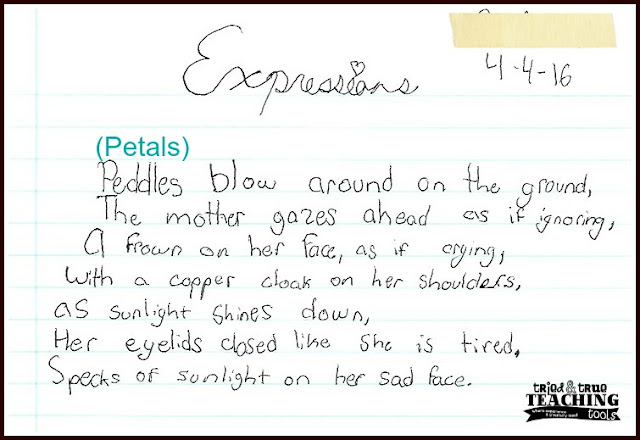

"The setting sun was licking the hard bright machine like some great invisible beast on its knees." - John Hawkes’s Death, Sleep, and the Traveler."Soft language issued from their spitless lips as they swished in low circles round and round the field, winding hither and thither through the weeds" - James Joyce’s Portrait of the Artist as a Young Man."The rain in Spain stays mainly on the plain." - Alan Jay Lerner’s My Fair Lady.Surf and turf (repetition of the /u/ sound).She eats the sweet treats (repetition of the /ae/ sound).Clap your hands, and stamp your feet (repetition of the short /a/ sound).This refers to the repetition of vowel sounds as opposed to constants.This doesn’t mean the words necessarily start with vowels, but rather have the vowel sound within them.

“However, this valorous visitation of a bygone vexation stands vivified and has vowed to vanquish these venal and virulent vermin vanguarding vice and vouchsafing the violently vicious and voracious violation of volition!” - V for Vendetta.“Heorot trembled, wonderfully built to withstand the blows, the struggling great bodies beating at its beautiful walls…” - Beowulf.Betty Botter bought some butter, but she said the butter’s bitter.Paddy’s potatoes were prepared to perfection.The difference between consonance and alliteration is that every repeating sound is related to a consonant. This refers to the repetition of consonant sounds. " - Robert Louis Stevenson’s The Strange Case of Dr. I never saw a man I so disliked and yet I scarce know why. his appearance: something displeasing, something down-right detestable. “But four hours later the fish was still swimming steadily out to sea, towing the skiff, and the old man was still braced solidly with the line across his back.” - Ernest Hemmingway’s Old Man and the Sea."Behemoth biggest born of earth upheaved/His vastness: Fleeced the flocks and bleating rose,/As plants: Ambiguous between sea and land/The river-horse, and scaly crocodile." - John Milton’s Paradise Lost.“So we beat on, boats against the current, borne back ceaselessly into the past.” - F.“Fair is foul, and foul is fair:/Hover through the fog and filthy air.” - William Shakespeare’s Macbeth.Some literary examples of alliteration include: I have no idea what story includes killer carrots, but I know I want to read it.

So the phrase “quick car” or “killer carrot” could also be alliterations since they both start with that hard ‘k’ sound. It’s important to note that it’s the sound that matters and not the letters itself that do.

It’s one of those things that can turn an okay book into an amazing book for me. And you will find some who enjoy both types depending on the story, the genre, their mood, and all sorts of different things. You will find readers who love and hate both types. You might be someone who prefers simpler, more utilitarian prose. It’s a style of writing that relies on a few techniques that make use of similar sounds and cadence to help create a more fluid and musical style of writing.īefore we dig too deep, let’s make it clear that this style of writing isn’t a must. Have you ever read a book that just seems to flow? The writing feels effortless and smooth and almost like the literary equivalent of honey? Well, then you’re reading lyrical prose, my friend.


 0 kommentar(er)
0 kommentar(er)
